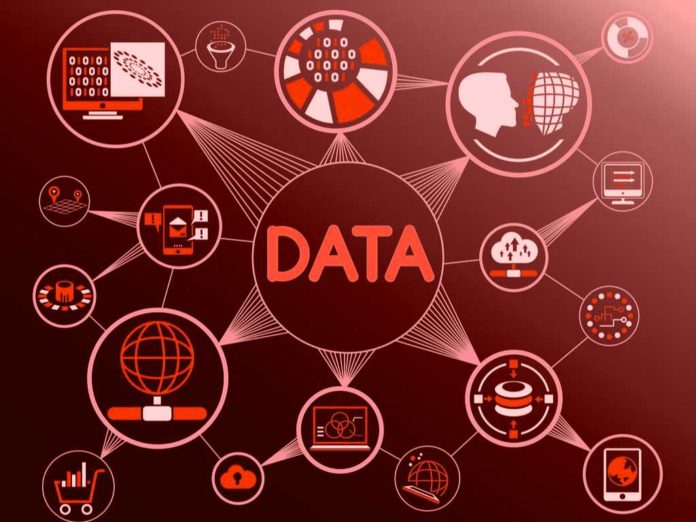Any business that wants to succeed in the digital age must prioritize data security. There are many components to consider when building a data security strategy, but a few key things should always be kept in mind. Here are six critical elements of data security in the digital age all companies should utilize to get started with Profisee data security.
Data Encryption
Data encryption is invaluable for protecting sensitive information from would-be thieves. Scrambling data bits through a mathematical algorithm makes encrypted data almost impossible to read without the correct decryption key. It’s become essential to any organization that handles confidential user data, especially companies in the technology field.
Furthermore, advancements in symmetric and asymmetric encryption have made the process more secure than ever, providing layers of protection against malicious actors. With this kind of security, businesses can confidently store private information—safe in the knowledge that their customers and partners are kept safe from prying eyes.
Two-factor Authentication
Two-factor authentication is a great way to safeguard your accounts and data. It adds an extra layer of protection by requiring a second login step, such as confirming identity through a code sent through email or text message. Although navigating this additional process may seem like an added hassle, it’s well worth the effort for its increased security.
As more companies have adopted two-factor authentication, customers have experienced more reliable access to their accounts with less chance of potential theft from cybercriminals. Ultimately, using two-factor authentication helps everyone stay safe and secure digitally.
User Activity Monitoring
User Activity Monitoring is crucial to ensure businesses can secure their electronic data. As the number of IoT devices continues to increase, it has become critical to understand what people are doing with those devices to guarantee security and limit malicious behavior.
With User Activity Monitoring, businesses can see what applications, websites, emails, and files users have accessed or interacted with from across their networked devices. By creating activity logs and allowing administrators to review them regularly, they can identify any nefarious activity early on, take preventive measures against any malicious intent, and maintain their valuable data assets.
Identity And Access Management
Identity and access management is a technology field that focuses on improving user authentication processes’ security and overall efficiency. Through this technology, organizations can effectively streamline the process of verifying identities while also strengthening security protocols. This is done by setting up an efficient framework for securely monitoring, controlling, and granting access to digital resources based on criteria such as profile, roles, and permissions.
Utilizing these strategies reduces the potential risks of malicious attacks through an improved ability to authenticate legitimate users, allowing companies to save time and money while operating securely in an increasingly digital world.
Virtual Private Networks
Virtual Private Networks (VPNs) are an increasingly popular way to protect online activity from malicious actors and third-party snoops. By masking IP addresses and encrypting data, VPNs make it much more difficult for outsiders to gather information about users’ online activity. They also offer a secure connection over public networks, ideal for those who frequently access online banking or shop through e-commerce sites. Despite the many advantages of using a VPN, it’s important to research beforehand if you are considering investing in the technology; features, reliability, and customer support vary widely between providers.
Cyber Insurance
Cyber insurance is an increasingly important form of risk management for organizations, especially in today’s digital age. By purchasing cyber insurance, organizations protect themselves from financial losses caused by malicious attacks on their IT systems. It can help companies respond to the various threats and liabilities created by security breaches and data theft.
Cyber insurance helps protect organizations from potential losses of reputation or privacy damages they could incur during a cyber attack, as well as helping fund recovery efforts if the attack is successful. Ultimately, to get started with Profisee, companies will benefit from reduced downtime, lower costs due to legal fees and damages, and greater customer confidence through enhanced security protocols when they have invested in a comprehensive cyber insurance policy.
Final Thoughts
Technology plays a vital role in keeping businesses safe and secure. From two-factor authentication to cyber insurance policies, there are many strategies organizations can use to guard their data assets against malicious actors. With the correct security protocols, companies can rest easy knowing that their systems are as safe as possible from outside threats. After all, in a world where data is everything, security should always be top of mind.



































